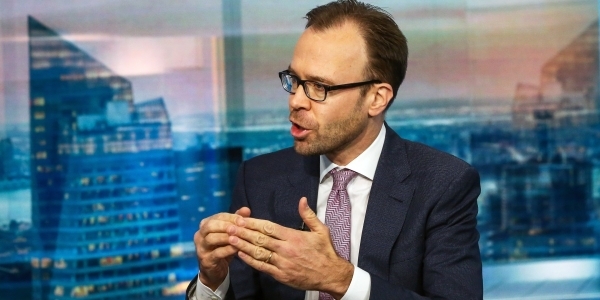
The latest U.S. jobs report was pretty amazing. Economists were expecting healthy growth of around 200,000 in January, but the nonfarm payrolls grew by more than double that, a blowout 517,000. This came against the backdrop of massive tech layoffs by companies including Google and Microsoft; investor expectations of easing inflation; and an impending recession that would slow down the economy. By Friday’s end, a beaming Joe Biden was saying his economic plan to increase the number of jobs in the U.S. while fighting inflation was working. And by this Monday, Treasury Secretary Janet Yellen was pointing out that half a million jobs and the lowest unemployment in 50 years don’t indicate a looming recession.
But there’s a problem with all this good news: The Federal Reserve doesn’t want this much job growth. Job growth was a key reason cited by the Fed last month as it hiked interest rates in hopes of reining in inflation, while the markets had priced in an altogether more moderate pace of job growth, to go with slowing inflation and a mild (or worse) recession. Surveying the scene, Goldman Sachs sees a big change for the year ahead.
Markets had priced in interest rate cuts by the end of this year before Friday’s report. Jan Hatzius, Goldman Sachs’ chief economist, thinks that the blowout January jobs report means the Fed is now unlikely to reduce interest rates till 2024, and that means markets will have a lot of repricing to do.
“We think we’ll get another couple of hikes that take you to the low-5s rather than the high-4s,” Hatzius told CNBC’s Squawk on the Street on Friday, referring to the inflation rate, which is currently at 6.5% against the Fed’s target rate of 2%. “More importantly, we don’t expect cuts in the funds rate until well into 2024 in our baseline forecasts.”
“The economy is still quite strong; the labor market is certainly still very strong. And while inflation is coming down, even if we get to 3% by the end of this year and maybe 2.5% by 2024, that’s still above the target,” Hatzius said. That could make the Fed continue its hikes or maintain rates, rather than bring them down, as the financial markets expect.
He did caution that “outlier numbers” like the January jobs data need to be taken with a grain of salt owing to the difficulty in seasonal adjustment during the month. Hatzius noted that while the consensus of most economists is that the economy is headed for a recession, he sees “no sign of that” in light of the jobs report and other indicators such as the nonmanufacturing ISM survey. “Clearly, the economy is doing a lot better than many forecasters and, indeed, consensus of forecasters is saying.”
